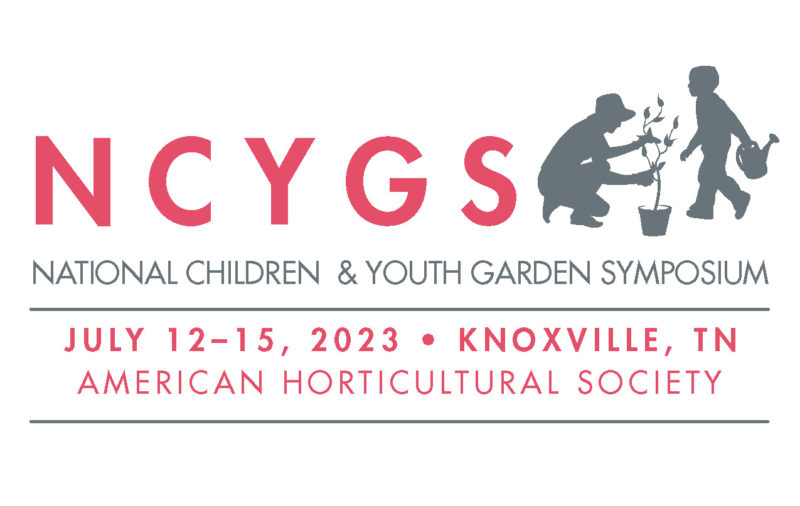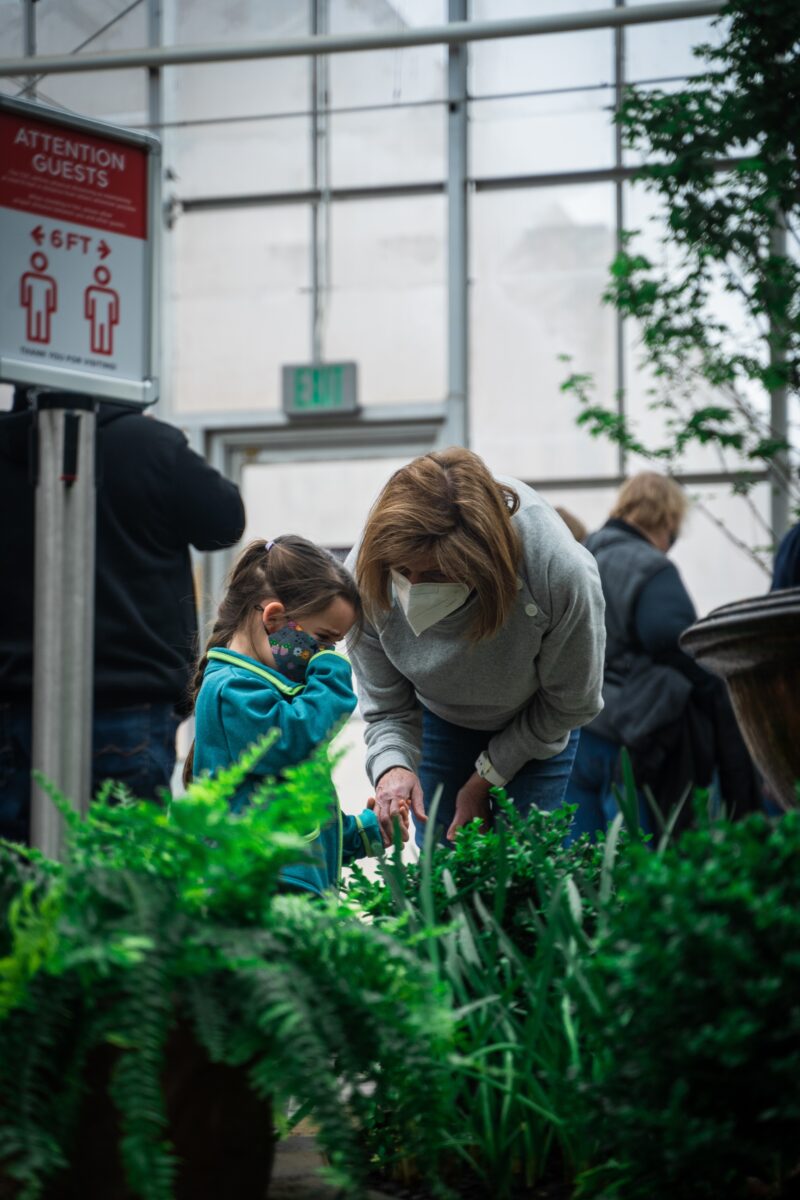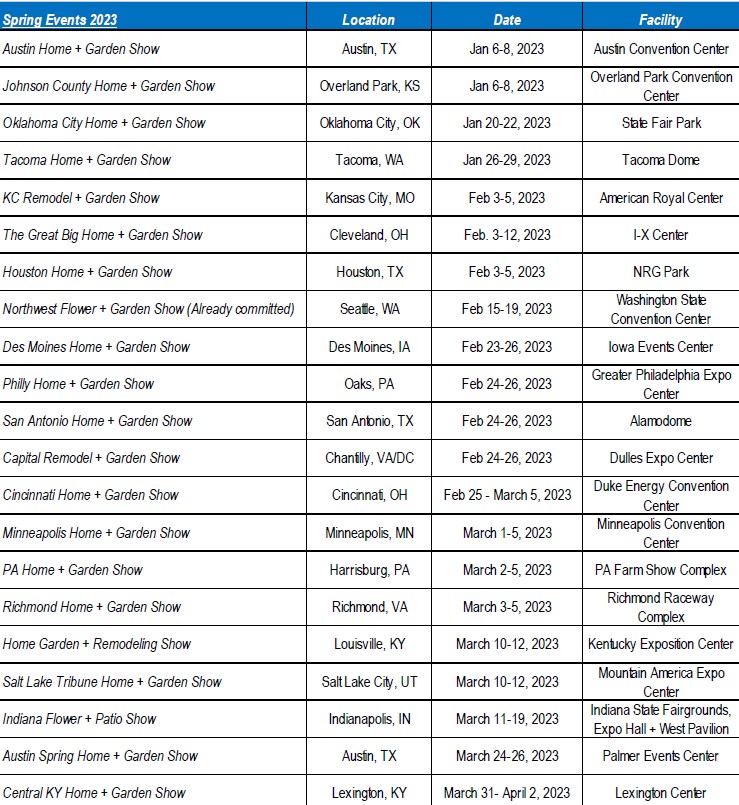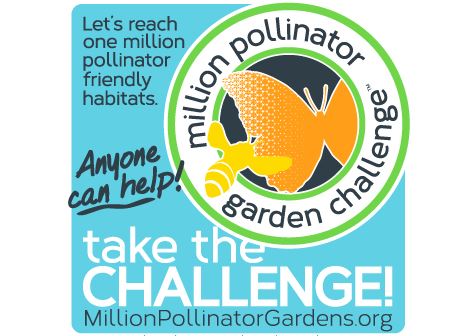Deadlines Approaching for NCYGS Early Bird Registration and Scholarships


Join us at the National Children & Youth Garden Symposium, July 12-15 in Knoxville, Tennessee, for an invigorating and educational experience where you will connect with gardening educators from around the country and learn new ways to bring the joys of gardening into your classrooms and communities. The 31st Annual Symposium, hosted by the University of Tennessee and UT Gardens – Knoxville, will feature 30 engaging sessions, eight field experiences, and limitless bonding amongst like-minded peers.
We are thrilled to be able to offer scholarships to defray the cost to attend, thanks to the generosity of Ball Horticultural Company and the University of Tennessee. There are three scholarship categories based on demonstrated financial need, commitment to children’s and youth gardening initiatives, and work with underserved and/or Title I populations.
Photo Credit: Jonah Brown
- Ball Horticultural Scholarship Fund – open to those who self-identify as Black, Indigenous and/or as a Person of Color
- University of Tennessee Scholarships – open to Tennessee residents and UT students
- National Children & Youth Garden Symposium Scholarships – open to all
symposium attendees.
Important Dates:
May 12 – Deadline for Early Bird Registration.
May 27 – Deadline for Scholarships.
June 10 – Deadline for Hotel Group Discount Online Reservations.
June 28 – Deadline for Online Registration.
We hope you join us for the 2023 NCYGS, one of the country’s longest-running, most prestigious gardening conferences for youth educators. Leveraging a proven train-the-trainer model, the Symposium has cultivated thousands of educators across the country who return to their communities inspired, invigorated, and motivated to educate a new generation about the importance of gardening.

